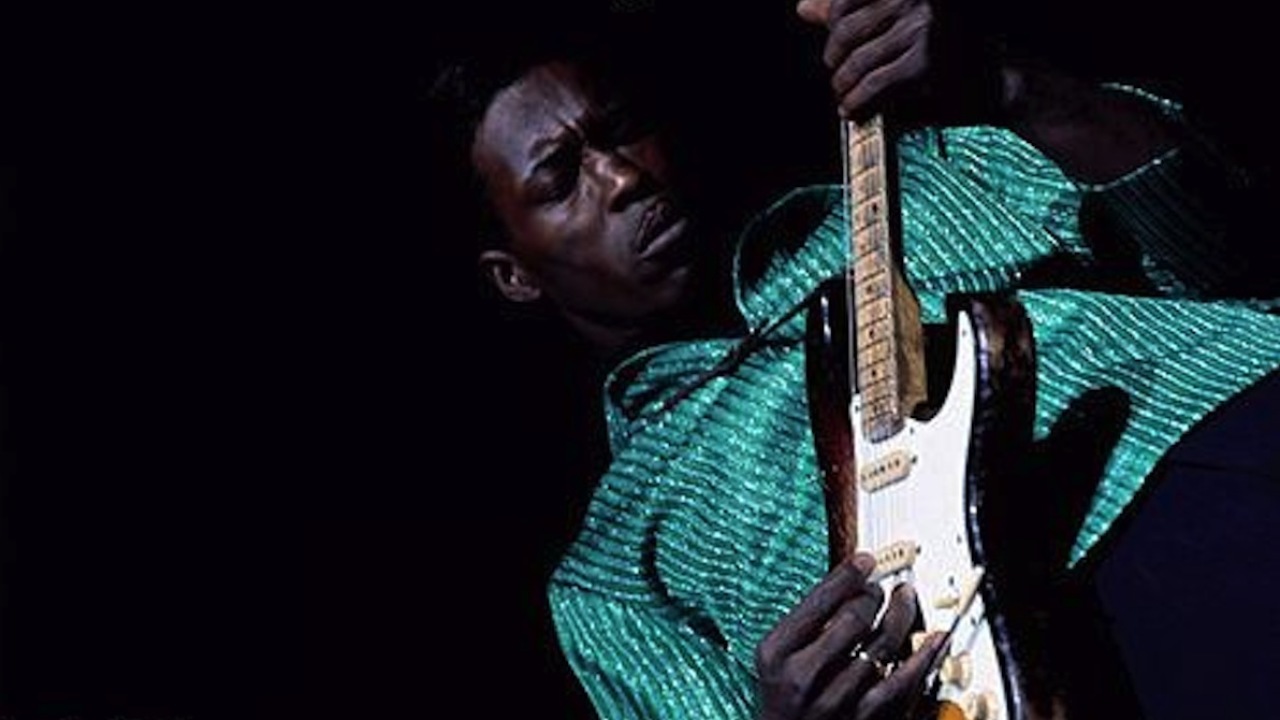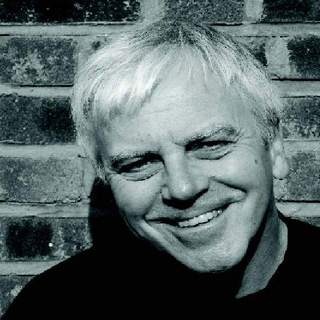These are Buddy Guy’s first recordings. They were absolutely remarkable at the time, and many of them still are, but, looking back at them today, we can see they were not so overpoweringly potent that they set a standard by which everything he did afterwards would be compromised.
There would be equally, though differently, strong recordings over the 50-odd years that followed: some of the Vanguard sessions, the devastating 1979 French LP The Blues Giant, the JSP set DJ Play My Blues, the down-home Sweet Tea. Unlike his contemporary Otis Rush, Guy would not spend his life in the shadow of the never-quite-fulfilled promise of his youth.
But as you listen to old favourites such as First Time I Met The Blues, When My Left Eye Jumps (or its earlier draft titled I Got A Strange Feeling), Stone Crazy and Ten Years Ago, you may feel it was a close thing. Condensed into two or three-minute singles, these wonderful songs are slow blues of astonishing concentration and power. (Actually, Stone Crazy is presented here not as it appeared on 45 but in its sprawling, unedited seven-minute form.)
Guy sings in a piercing head tone and his guitar slashes the changes like a machete, while the accompanying brass and reeds, and sometimes Junior Wells’ harmonica, moan and wail like night spirits.
After experiencing these tempestuous performances, there’s a risk that the faster pieces and instrumentals may seem a little trivial, eliciting not awe but an indulgent grin. True, tracks like Hully Gully and Slop Around, with their allusions to almost forgotten dance crazes, and Wells in Hully Gully impishly quoting Jingle Bells (fair enough – it was recorded nine days before Christmas after all), are not works of genius by any means. Nor are Skippin’, The Treasure Untold, That’s It or American Bandstand. What they are is something Willie Dixon and Chess Records were exceedingly good at making: pure 60s pop-R&B. They may now be museum pieces, but they are far from dusty.
Eighteen of the 25 tracks collected here come from Guy’s Chess sessions of 1960-63. Five are from 1957-58 (the date span in the CD’s subtitle isn’t quite right), including an early cut made when he was still living in Louisiana but not released, Baby Don’t You Wanna Come Home, and his first calling-card, the Artistic single Sit And Cry/Try To Quit You Baby, where he was joined by Rush.
The remaining two tracks are from a 1963 booking for USA Records, produced by Willie Dixon for his discovery Jesse Fortune. The singer had much of Guy’s tightly-wound intensity, and Dixon awarded him the dream team of Guy, pianist Lafayette Leake, bassist Jack Meyers, drummer Willie Smith and Shakey Horton on harmonica. Fortune would claim in later years that he “didn’t make a cent” out of this, but Good Things and Too Many Cooks are minor classics of Chicago blues in their own right, and can stand proudly in this company.
If you know Buddy Guy only by his later work, or as Elwood to Junior Wells’ Jake, you owe it to yourself to hear how the story began./o:p

